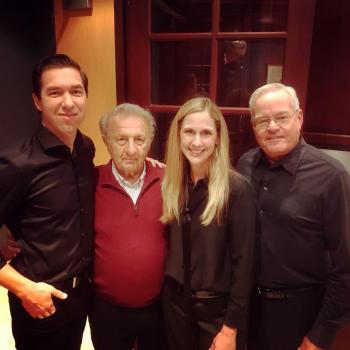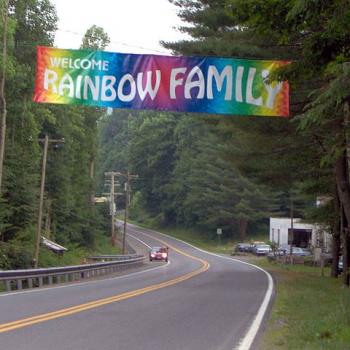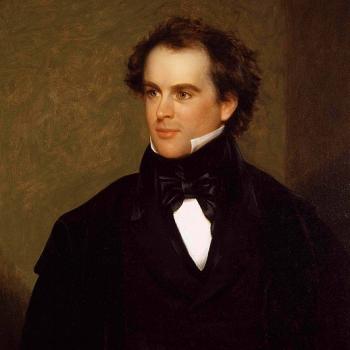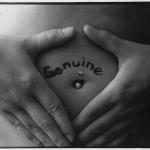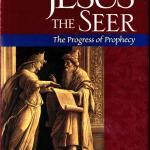I will be (all about mmmmmeeeee) leading students this evening in a discussion of some essays by the poet, writer, agrarian, and farmer, Wendell Berry, as part of a seminar designed to increase awareness of localism and belonging to communities and neighborhoods. This assignment prompted a return to some of Berry’s essays which lead me to this discussion of sex that is pretty darned impressive and a tad prophetic since it is from 1992, well before the rise of on-line porn, discussions of date rape, male toxicity, and consensual sex:
When sexual lovemaking is shown in art, one can respond intelligently to it by means of a handful of questions: Are the lovers represented as merely “physical” bodies or as two living souls? Does the representation make it possible to see why Eros has been understood not as an instinct or a “drive” but as a god? Are we asked to see this act as existing in and of and for itself or as joined to the great cycle of fertility and mortality? Does it belong to nature and to culture? Can we imagine this sweetness continuing on through the joys and difficulties of homemaking, the firths and the upbringing of children, the deaths of parents and friends — through disagreements, hardships, quarrels, aging, and death? Does it encourage us to forget or to remember that “certainly it must some time come to pass that the very gentle Beatrice will die”? [from Dante]
And finally we must ask how modern representations of lovemaking that we find in movies, books, paintings, sculptures, and on television measure up to the best love scenes that we know. The best love scene that I know is not explicitly sexual. It is the last scene of The Winter’s Tale, in which Shakespeare brings onto the same stage, into the one light, young love in its astounding beauty, ardor, and hope, and of old love with its mortal wrongs astoundingly graced and forgiven.
The relevance of such imagining is urgently practical; it is the propriety of justness that holds art and the world together. To represent sex without this fullness of imagination is to foreshadow the degradation and destruction of all that is not imagined. Just as the ruin of farmers, farming, and farmland may be predicted from a society’s failure to imagine food in all its meaning and connections, so the failure to imagine sex in all its power and sanctity is to prepare the ruin of family and community life and of much else. In order to expose the privacy of sex, we have made of it another industrial specialization, leaving it naked not only of clothes and of customary discretions and courtesies but also of all its cultural and natural connections. (Sex, Economy, Freedom, and Community, 166)
Imagine that — porn and fast food have the same function and destructive consequences on people and the communities to which they belong.








